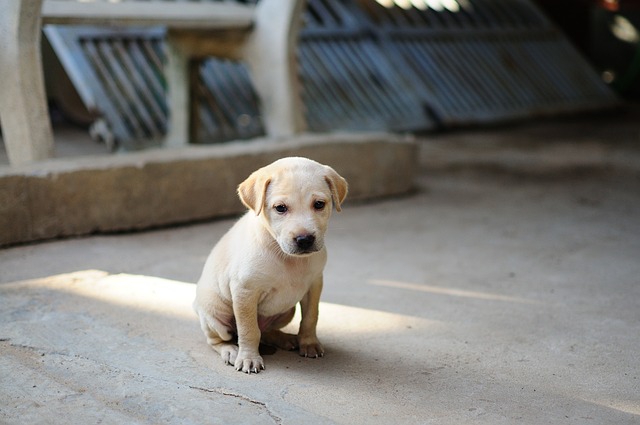This article aims to provide an overview of socializing your puppy and the importance it holds for their emotional development, behavior, and overall well-being. Socialization is a critical aspect of raising a happy and well-adjusted pet, as it exposes them to various environments, people, and experiences that help shape their personality. In this article, we will delve into the do’s and don’ts of socializing your puppy, providing you with practical tips and guidance to ensure a smooth and successful process.
Before we dive into the nitty-gritty of socialization, it’s essential to understand why socialization is crucial for puppies. Socialization helps puppies develop good manners, reduces anxiety, and prevents behavioral problems such as fear aggression or separation anxiety. It also enables them to interact with other dogs and people, making them more confident and friendly companions.
Now that we’ve covered the importance of socialization, let’s move on to the do’s and don’ts. Here are some essential tips to keep in mind:
- Start Early: Begin socializing your puppy as early as possible, ideally from 8-10 weeks old. This is before they’ve received any vaccinations, so be sure to follow vaccination schedules carefully.
- Puppy Classes: Enroll your puppy in a socialization class or group training session to interact with other dogs and people. This will help them develop essential skills such as impulse control, obedience, and confidence.
- Expose to New Experiences: Take your puppy on outings to new places, such as parks, pet stores, and friend’s homes. Introduce them to various sights, sounds, and smells to stimulate their senses and broaden their horizons.
- Vary Interactions: Mix up the types of interactions your puppy has with people and dogs. For example, introduce them to different breeds, ages, and sizes to help them develop good social skills.
- Be Consistent: Stick to a routine when socializing your puppy. Establish a regular schedule for outings and training sessions to ensure they feel secure and develop trust in you.
Now, let’s move on to the don’ts:
- Avoid Overcrowding: Don’t overwhelm your puppy with too many new people, dogs, or experiences at once. This can lead to stress and anxiety, causing them to become overstimulated.
- Don’t Ignore Training: While socialization is essential, don’t forget the importance of training. Teach basic obedience commands, such as “sit,” “stay,” and “come,” to help your puppy develop good manners and behavior.
- Be Aware of Boundaries: Respect your puppy’s boundaries and personal space. If they appear uncomfortable or stressed, it’s okay to slow down or take a break from socialization.
- Fear Aggression: Never force your puppy to interact with someone if they show fear aggression. Instead, try to understand the root cause of their behavior and work on desensitizing them gradually.
Additional Tips:
When socializing your puppy, it’s essential to remember that every dog is unique, and what works for one may not work for another. Be patient, flexible, and observant, adjusting your approach as needed to ensure the best results.
Lastly, don’t underestimate the power of positive reinforcement training methods. Reward your puppy with treats, praise, and affection when they exhibit good behavior, reinforcing desired habits and encouraging confident interactions.
By following these do’s and don’ts, you can create a solid foundation for socializing your puppy and setting them up for a happy, healthy, and well-adjusted life as a beloved companion.
Tags: Socialization of Puppies, Puppy Training, Dog Behavior, Canine Development, Emotional Well-being

